BRICS membership enhances Iran's political power, Raeisi says
President Ebrahim Raeisi says Iran’s accession to the BRICS group of leading developing countries will boost the country's political clout and economy.
Speaking upon his return from a visit to South Africa, where he participated in BRICS 15th annual summit, Raeisi hailed as “significant” Iran’s accession to the organization.
The Iranian president said BRICS and similar organizations like the Shanghai Cooperation Organization are against unilateralism and work to promote convergence among nations to boost their level of prosperity.
"One of the advantages of membership in BRICS is that it enhances the country's political power because increased interaction with global and regional organizations will contribute to bolstering both the political and economic power of our nation," he said.
The president said BRICS plays a big role in global economic and trade cooperation, and contacts with its members can help Iran grow economically.
“Although imperialism seeks to hamper our economic growth, this growth lies in linking with independent economies in the region that can help realize resistance economy in the country,” he said, referring to a set of principles set by Iran’s Leader Ayatollah Seyyed Ali Khamenei to make Iran’s economy sanction-proof.
Raeisi said Iran’s accession to BRICS didn’t happen by chance. Rather, it was the result of a policy chosen by his administration and months-long quiet efforts by the cabinet.
Read more:
Iran was invited to join BRICS on Thursday, along with Saudi Arabia, the UAE, Ethiopia, Argentina and Egypt.
Iran applied for full membership in the bloc in June 2022, days after Raeisi was invited to address the BRICS Plus summit.
BRICS is a geopolitical bloc with five member states – Russia, China, Brazil, India, and South Africa – which account for 42% of the world population.
Experts see BRICS as a viable counterweight to the G-7, a powerful US-led political forum that also includes Canada, France, Germany, Italy, Japan, and the UK.
'Security a red line': Iran vows 'decisive' response to threats
Iran not afraid of enemy, will not submit to US domination: IRGC
Iran foils foreign-linked sedition network, arrests armed suspects
UK acting as US vassal state on Venezuela
VIDEO | US kidnapping of Maduro, and the 'Donroe' Doctrine
US drops cartel claims against Maduro after invasion, kidnap
Israeli forces raid Quneitra countryside in new violation of Syria’s sovereignty
US oil firms reluctant to return to Venezuela despite Trump avarice: Report


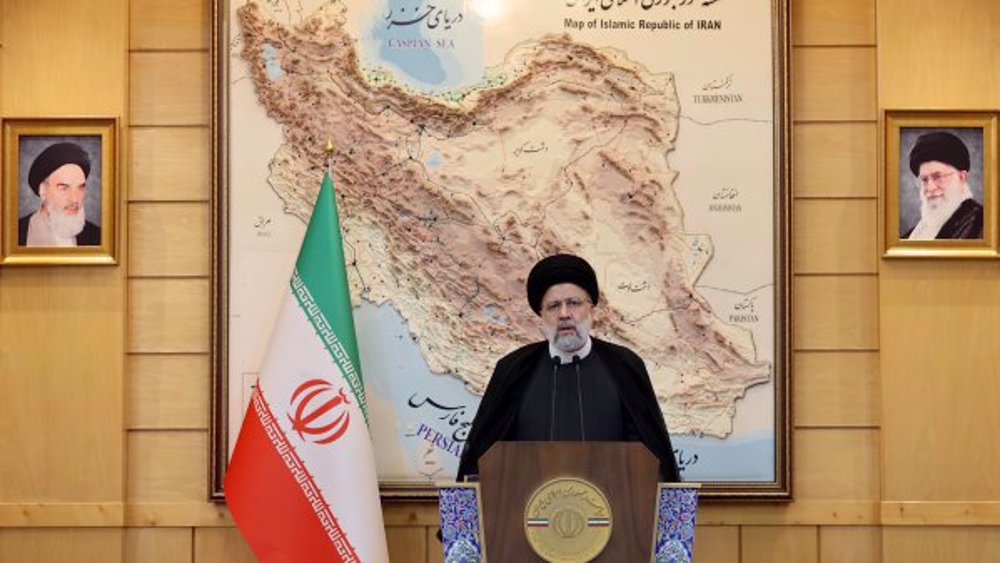
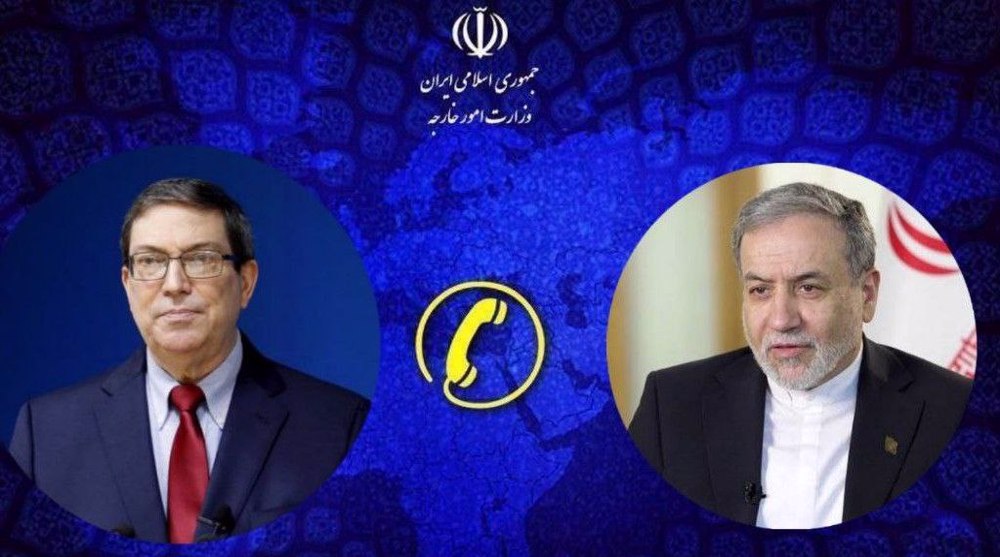
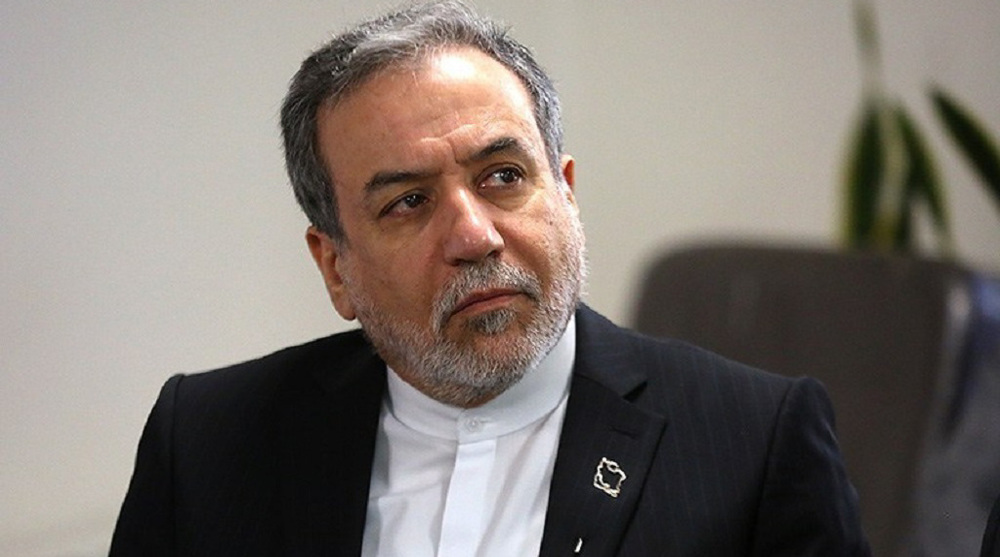
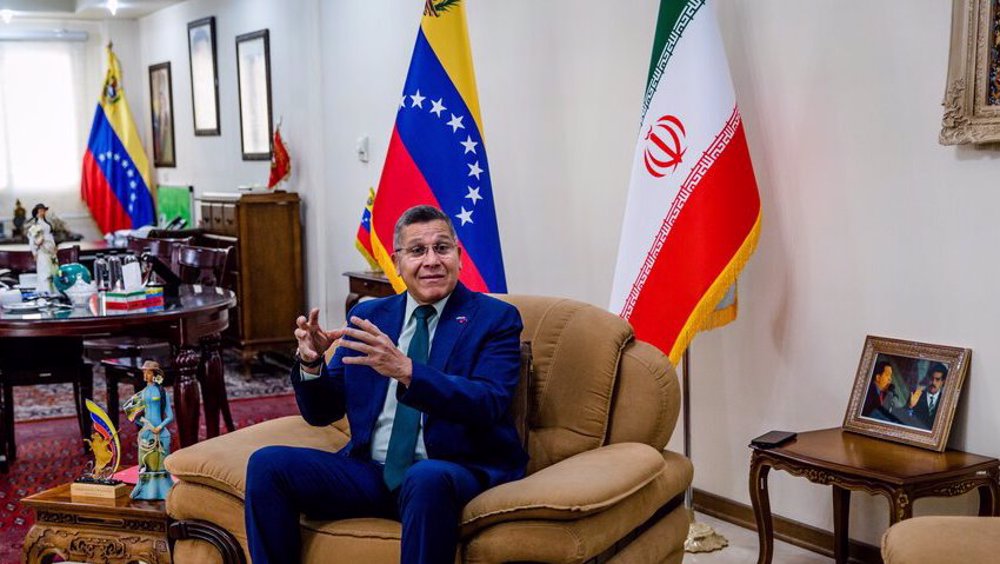



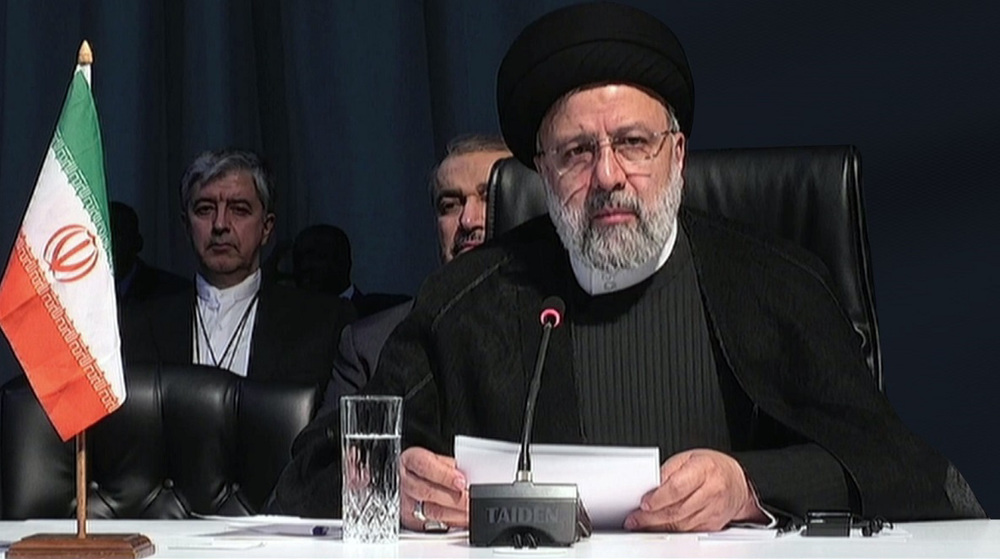
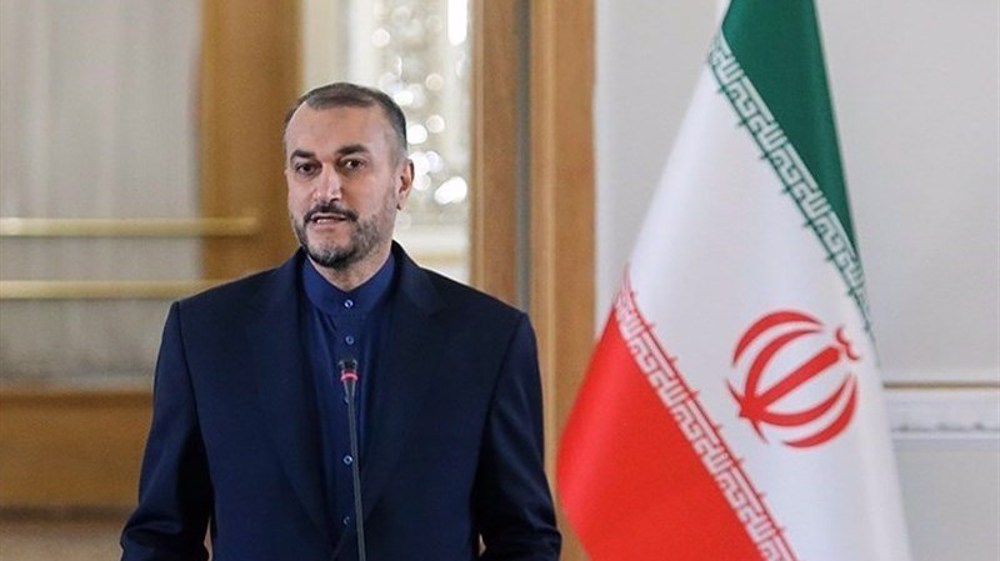
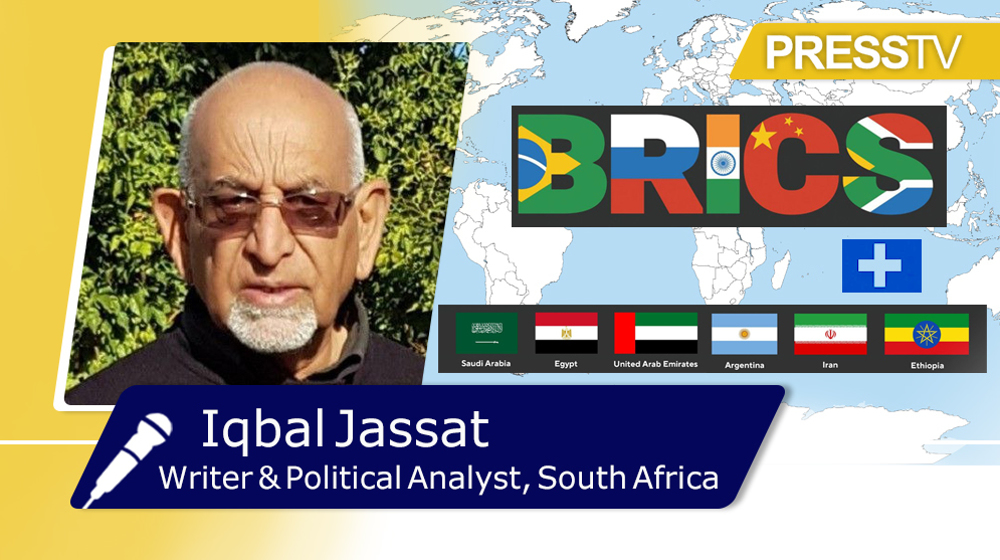
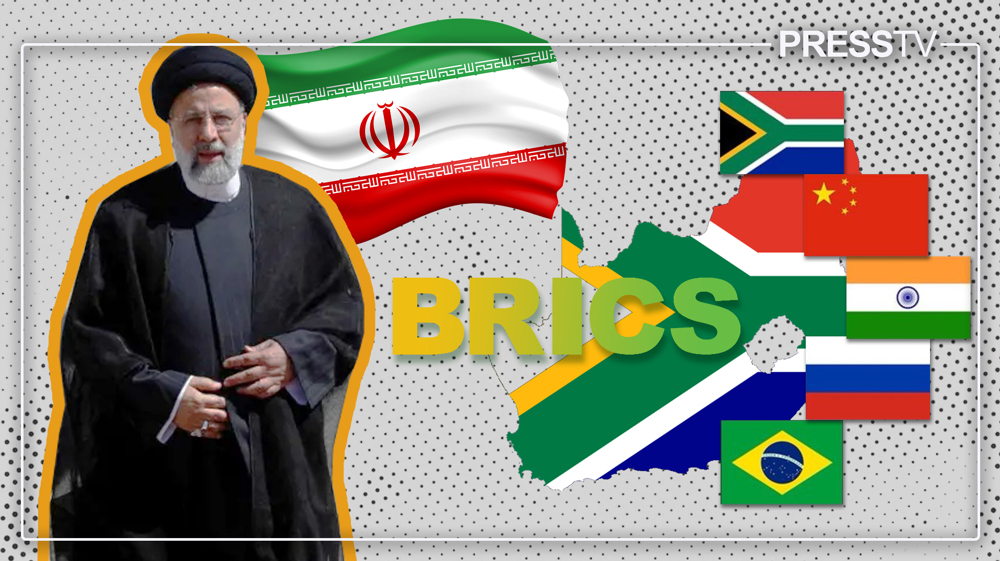
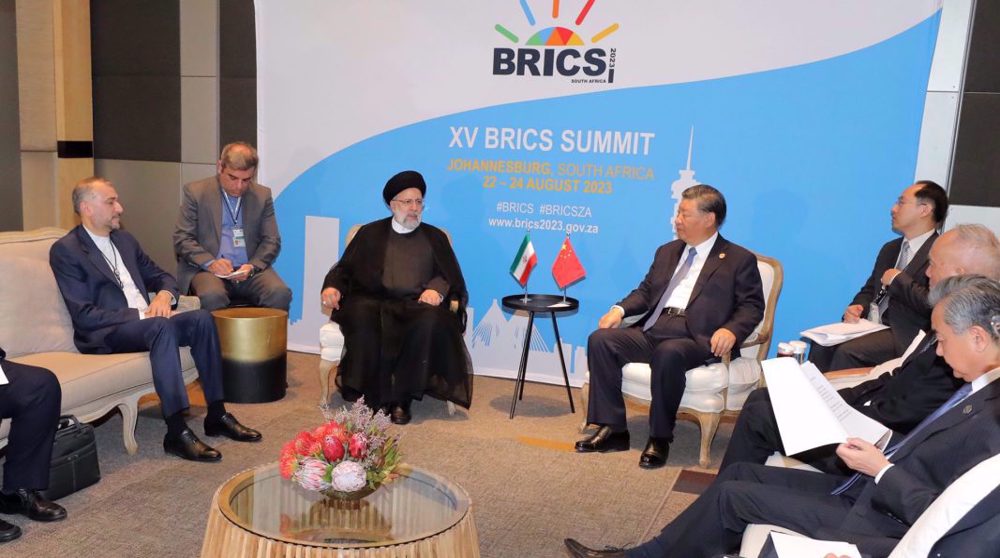

 This makes it easy to access the Press TV website
This makes it easy to access the Press TV website